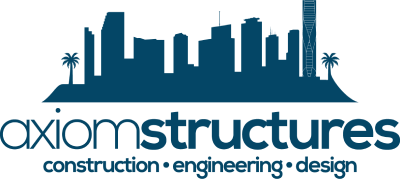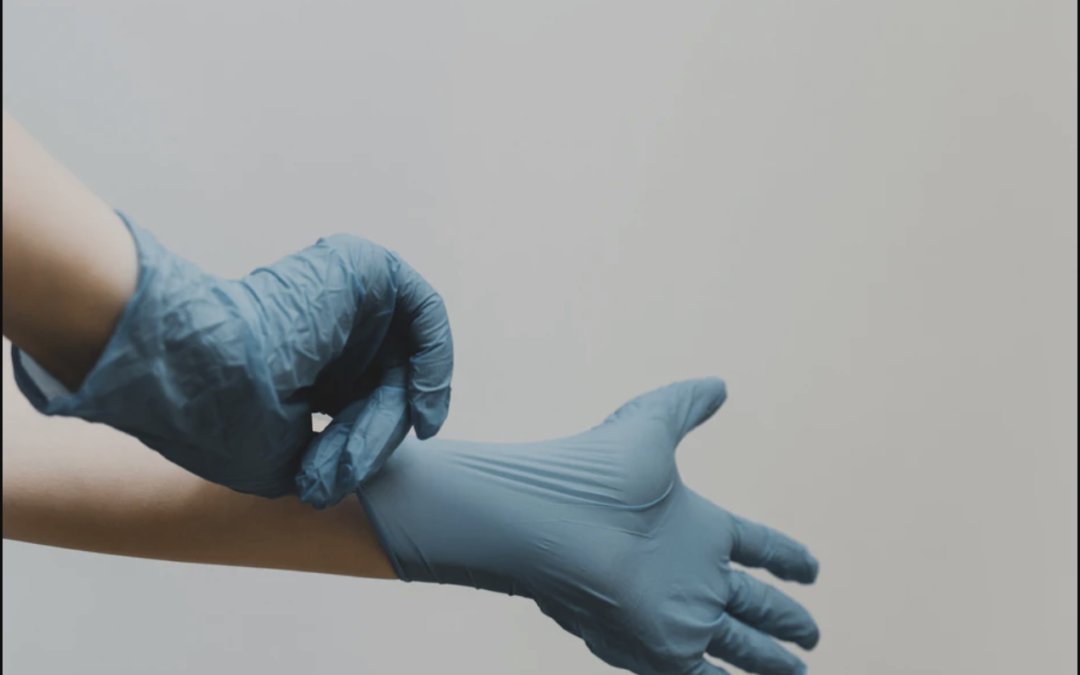Weddings over Skype, facetiming into a meeting, wearing a mask to walk to your mailbox… If you are lucky, these are the most notable ways that COVID-19 has changed your life. Around the world, however, more than just lives are changing. Society is adapting the ways we conduct business, run public transit, structure schools. The forefront of everyone’s mind? Public safety.
Structural engineers have always been responsible for public safety, health, and welfare when it comes to building. The top priorities being strength, serviceability, durability, and egress. To prevent collapse, hurricane damage, or accidental damage, engineers must always be ready to analyze and respond to any situation presented under their care.
However, with the pandemic, there is now an array of new challenges to consider as engineers design. How can we build a cleaner building? What does it take to integrate new designs and new systems into old buildings? How can we make a structure more sanitary? What new innovations will be born in the wake of a pandemic?
A small list of ways that buildings could incorporate clean initiatives and designs follows and is even being incorporated into current designs:
- Public bathroom sinks fixtures being built with greater distance apart
- Installing high-efficiency air filters
- Faster elevators for micro-movement of individual passengers
- Open air/large window catwalks/elevators/stairs
- UV Lights installed in public spaces
- Programming two-hour pre- and post- occupancy daily air purge cycles in the work environment
- Humidity: Currently, most air systems are designed to provide a mild- to low- humidity environment. “A study conducted in Sydney during the early epidemic stage of COVID-19 has found an association between lower humidity and an increase in locally acquired positive cases. As the air systems may be asked to do more to prevent infection, the energy usage may increase outside of the current standards and code requirements.

Conclusion: Unfortunately, regulations are built from the ashes of tragedy. Guidelines will be updated, buildings will require new laws, codes, and standards. But new innovations could leave us with a cleaner, healthier society. Incorporating sanitation into new and existing buildings might not even be as difficult as one might think. And certainly, building with this new clean initiative will make us that much more prepared for the next global pandemic.
To learn more about how Axiom Structures provides sustainable engineering in today’s demanding environment, contact us today.

